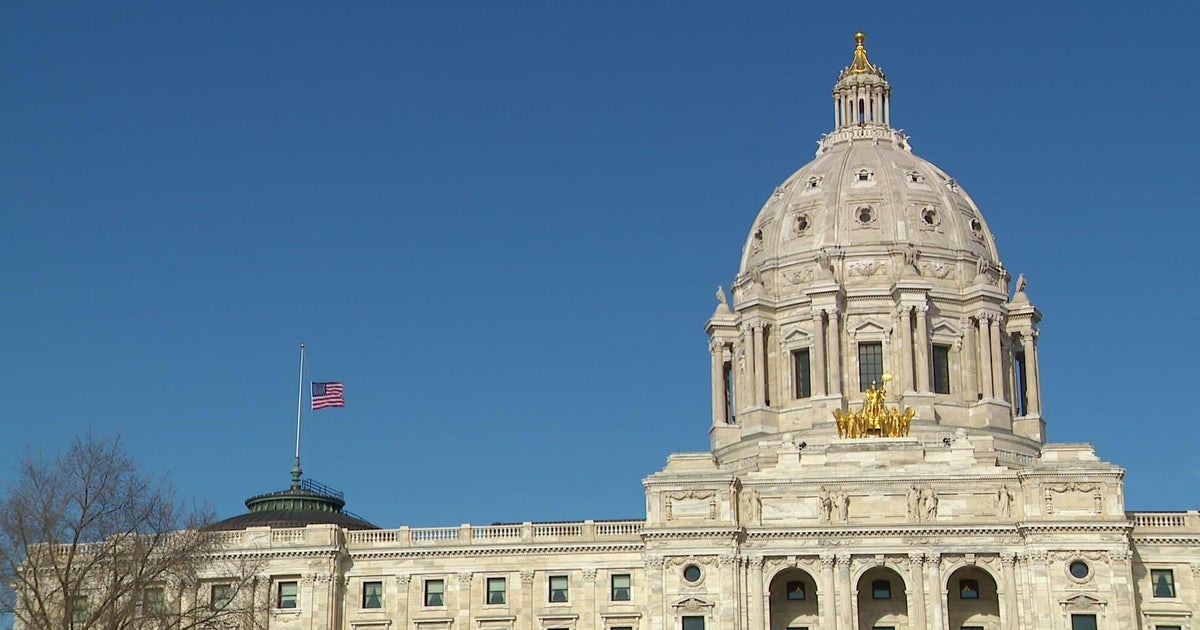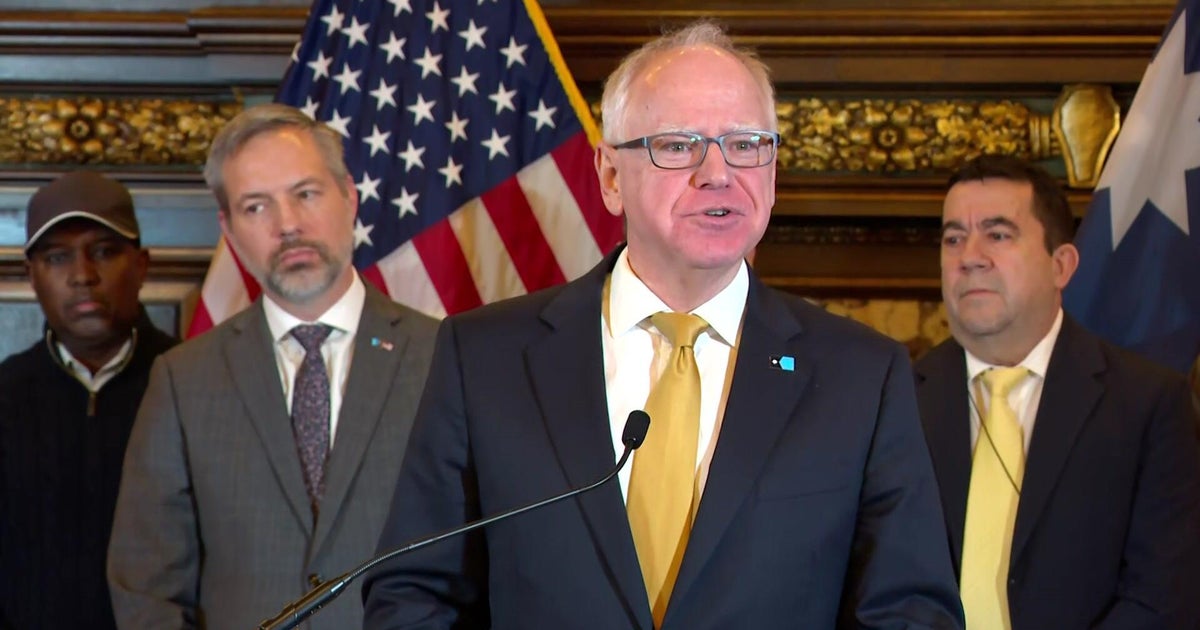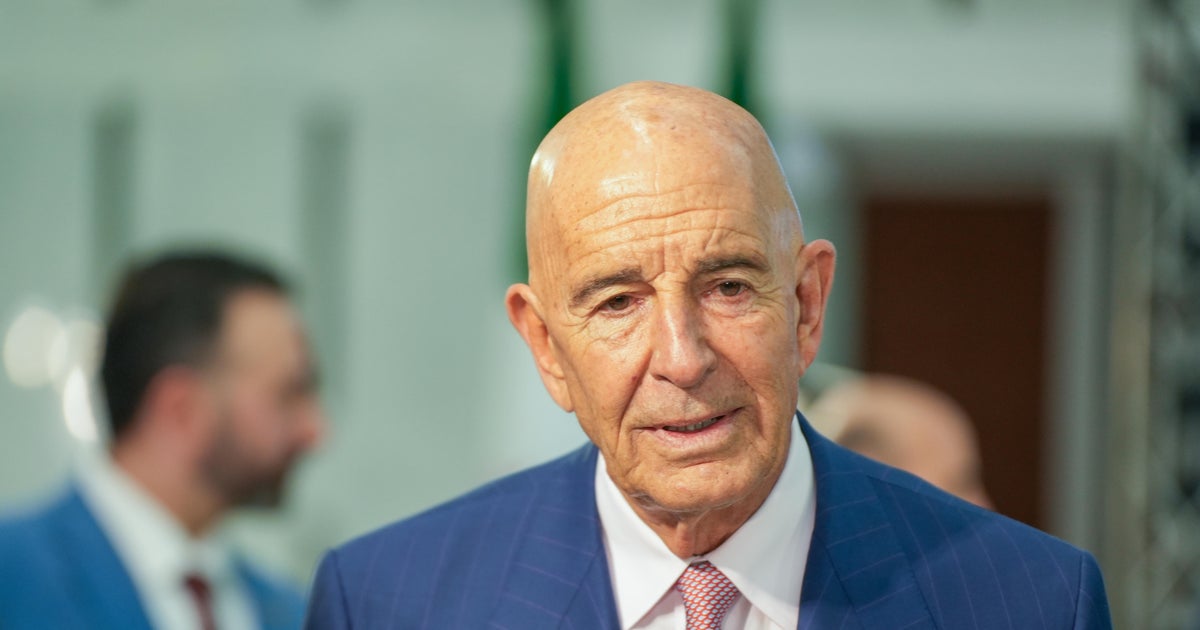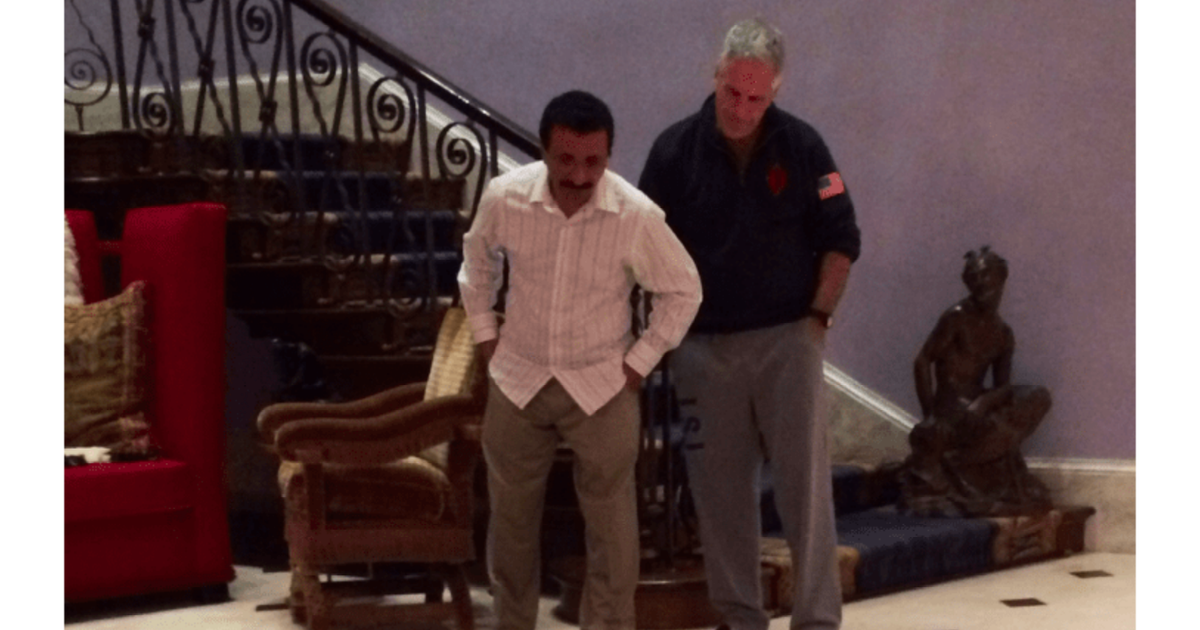Minnesota lawmakers mull basic income pilot program sending $500 monthly payments to low-income families
ST. PAUL, Minn. — Minnesota Democrats are considering launching a basic income pilot program that would send $500 monthly payments to low-income families — no strings attached.
It mirrors a project in the city of St. Paul during the pandemic that gave the same extra cash boost to 150 randomly selected families whose income was at or below 300% of the federal poverty line. A study by researchers at the University of Pennsylvania found participants in the program improved their financial stability and savings and the number of people employed increased by 14%, even after payments expired.
"This program would serve as a demonstration project that unconditional cash payments made directly to families can work in every corner of the state," said Rep. Athena Hollins, DFL-St. Paul, who authored the legislation.
The bill would establish a grant program where local and tribal governments and nonprofits could administer the $500 monthly payments for at least 18 months. It's defined as a stipend, not as income, so it doesn't impact enrollment in other state assistance.
St. Paul Mayor Melvin Carter testified in support of the bill during a House committee meeting Wednesday, calling the city's program "groundbreaking" and noted that in addition to financial benefits, participants reported a decrease in anxiety and depression and increased feelings of hope.
"The unconditional cash payments help families pay rent, buy groceries, obtain childcare and get out of debt," Carter said. "Instead of scraping by month to month, several families were able to put money into savings for the first time."
MORE NEWS: Day 3 of Nicolae Miu's Apple River stabbing trial brings more victim testimony, new video
The proposal earmarks $100 million in one-time funds to make the pilot a reality, which Hollins admits is a large request in a year where lawmakers are not crafting a state spending plan. But she said it could be scaled back to $5 million, though that would mean fewer people would participate.
"We thought it was really important to get this conversation started," she said.
Republicans balked at the price tag, citing the latest budget forecast that estimates state spending will exceed revenues in future years if lawmakers aren't careful. The projected state surplus for this two-year budget ending next June is $3.7 billion and anything lawmakers spend this year means less money on the bottom line for the next biennium.
"The cost is just astronomical here, in addition to the concept of having contention with other benefits the state generously provides," said Rep. Jon Koznick, R-Lakeville.
After the initial guaranteed income pilot in St. Paul expired two years ago, the city launched a new initiative that also included a $1,000 investment in a college savings account for children born after Jan. 1, 2020.
One of the people in that program, LeAndra Estis, told lawmakers it's helped her afford doctors appointments and medications for her son and a trip for her daughter to visit a college campus for a tour, and pay overdue child care bills.
"It gives us individuals hope. It brings us joy and security and most of all it allows us to believe our dreams will become reality," Estis said.
Rep. Spencer Igo, R-Wabana Township, said he is concerned about a provision prohibiting administrators of the grant funding from asking for proof of residency or citizenship, or any other identifying documentation when enrolling people into the program.
"When we're using the term public funds – that's taxpayer dollars," he said. "So when I see lines in bills like this saying we're not going to ask for any proof of residency or citizenship or identifying documentation, I think that opens the door to a lot of fraud."
Other cities across the country have implemented similar basic income benefits for their residents, according to a list compiled by Forbes. California has a statewide program.








